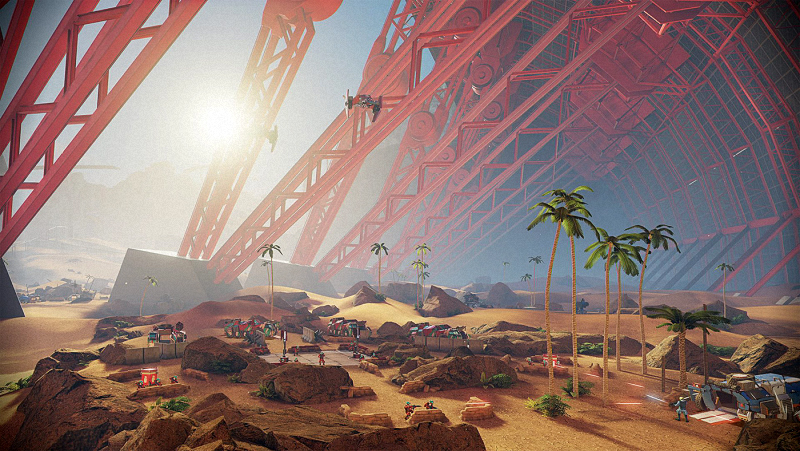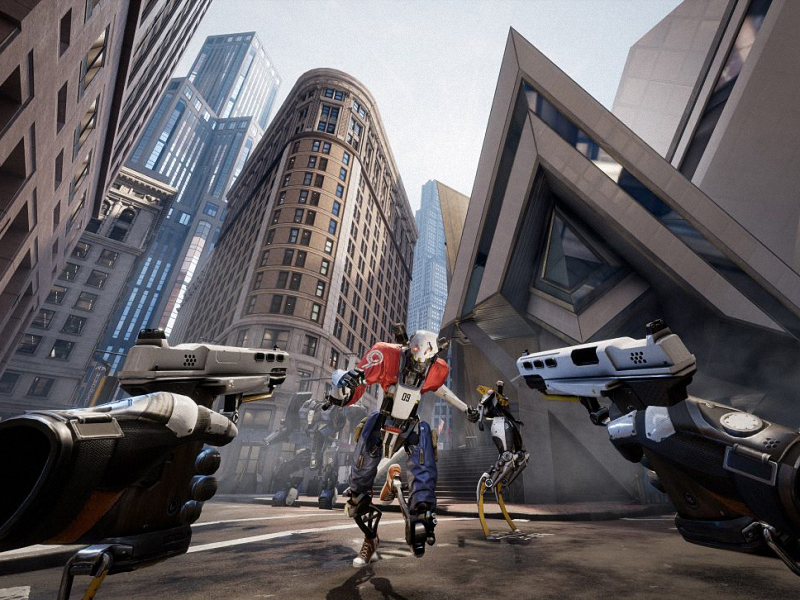
Facebook is a boon to the VR industry
At the height of the VR Hypes, Martin de Ronde decided to put everything on a map and to produce with his studio only content for Virtual Reality. Today, the company is profitable because it has adapted itself to the difficult market conditions and is implementing orders for corporate customers.
The “Force Field” studio has developed several games – including Landfall for Oculus Rift and Term1nal for Gear VR. Today, the studio has 80 employees and profits, although the market is still small.
The fact that Force Field has such success is due to the market strategy of the company. The studio is now mainly active as an agency, working with augmented reality, holographic, location-based experiences, and taking corporate work for major brands, such as Audi, Lapp and Xcor.
According to de Ronde, it was never planned to develop only games. “The agency model was on the table as soon as we started talking about the potential of VR,” he says. “Force Field is a profitable business, but at the moment you need to be more a b2b business than a b2c”, says de Ronde. “You need to be agile, flexible, and light on your feet; look at all of these different avenues and see how they turn out”.

Facebook is pushing the industry
The studio will wait for a self-sustaining, healthy ecosystem to emerge before it increasingly turns to the development of VR games. De Ronde believes that the critical mass of sold VR glasses will be reached by 2018 at the earliest. Until then, the entrepreneur welcomes the fact that Facebook invests so much money in Virtual Reality, even if that means that some titles appear exclusively for Oculus Rift.
This competitive approach is common to the console manufacturers and ultimately drives the development of the industry. If independent developers were left alone, it would take much longer until full-fledged games came out on the market and Virtual Reality would run the risk of becoming a platform for demos.
“We are fully convinced that we need to build the ecosystem through stellar experiences now… People have bought what is a fairly expensive piece of hardware, and they deserve to be served high quality content that is similar to content they see on console and PC”, says de Ronde.
Featured Image: Force Field | Source: Games Industry
